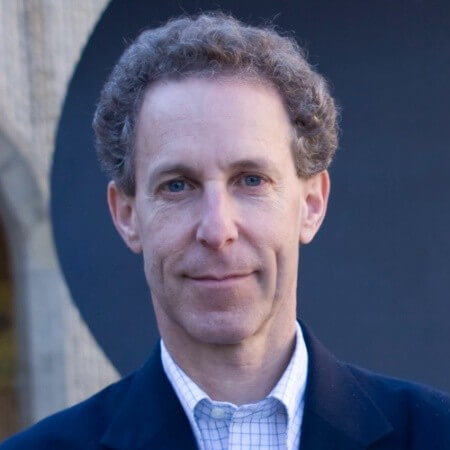Major solar developers, conservation groups, agricultural organizations, environmental and environmental justice groups, and tribal entities have announced an agreement to advance large-scale U.S. solar development while championing land conservation and supporting local community interests.
The agreement is the result of a 20-month “Solar Uncommon Dialogue” convened by Stanford’s Woods Institute for the Environment, the Solar Energy Industries Association (SEIA), and The Nature Conservancy (TNC).
Over the next 10 years, U.S. solar energy output is expected to increase five-fold. The rapid increase in utility-scale solar also means that the industry must address various issues, including agricultural land conversion, wildlife and habitat impacts, and community engagement. The Solar Uncommon Dialogue agreement stresses that the development of large solar projects must be transparent, equitable and efficient and acknowledges that this will require many trade-offs.
Signatories to the Solar Uncommon Dialogue agreement have committed to improving large-scale solar development based on the “3Cs”: climate, conservation, and community.
- Climate emphasizes minimizing carbon emissions through clean energy sources, like solar energy and other tools, including natural climate solutions;
- Conservation seeks to minimize impacts on natural and working lands; and
- Community commits to equitable distribution of renewable energy project benefits.
The signatories are convening six working groups that will address key issues and opportunities including community engagement, siting-related risk assessment and decision-making, energy and agricultural technologies, tribal relations, and policy solutions.
These working groups will focus on advancing the 3Cs via improved public participation practices, solar siting mechanisms, regulation, financial incentives, information tools, and other means. The goal is to create best practices that solar companies, local governments, and other stakeholders can use to effectively site solar projects.
“Major U.S. solar projects are critical to fighting climate change but are increasingly opposed across the nation due to significant community and land conservation concerns,” said Stanford energy scholar Dan Reicher, who launched and leads the Solar Uncommon Dialogue. “It’s exciting how motivated the parties are to avoid these conflicts and develop high-impact solutions – a triple play for climate, conservation, and community.”




